Readera: Your Guide to Modern Technology
Discover the latest in technology with Readera. Get expert programming guides, tech tips, and development inspiration in multiple languages to help you build amazing projects and explore new technologies.
Smart IoT Load Balancing: Optimizing Connected Devices
Introduction I've been working with IoT projects for over ten years now, and one constant challenge has been handling the flood of connected devices...
Continue Reading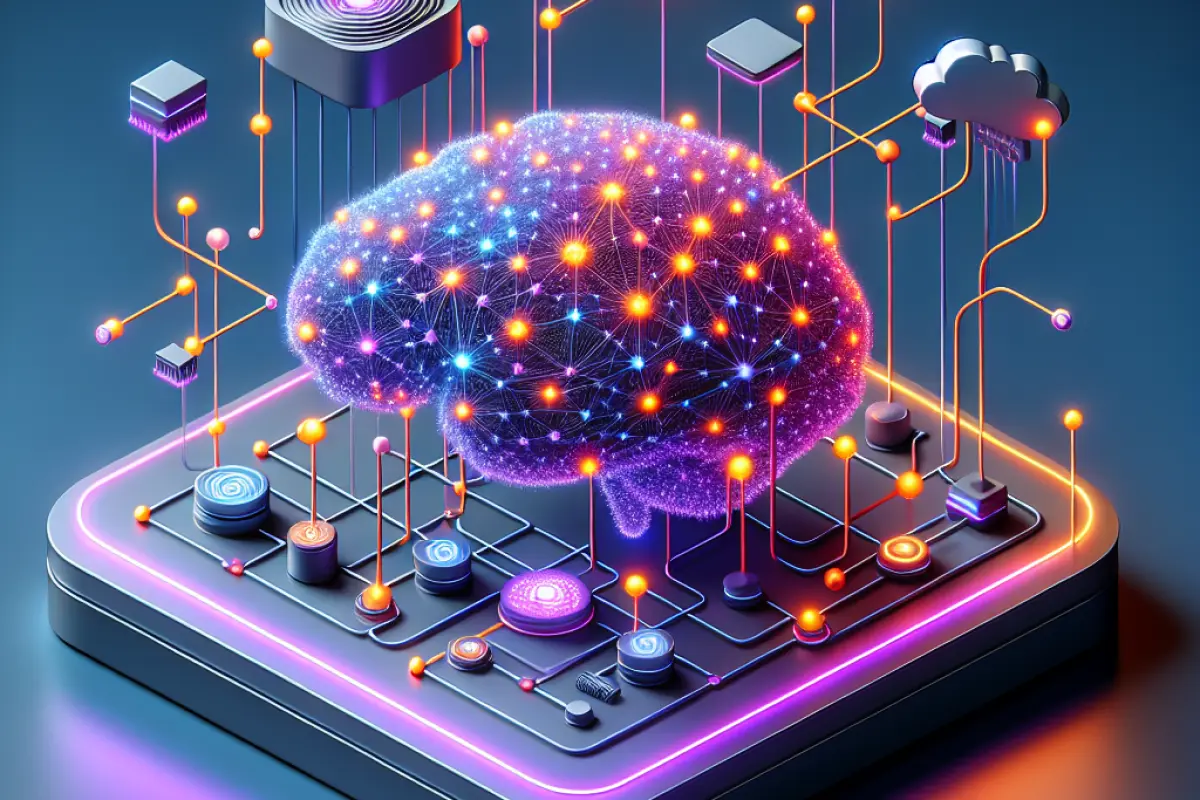
How IoT Devices Work: A Simple Guide to Smart Tech
Discover how IoT devices connect and communicate to make your home smarter and life easier. Dive into this simple guide to unlock the magic behind sma...
Continue Reading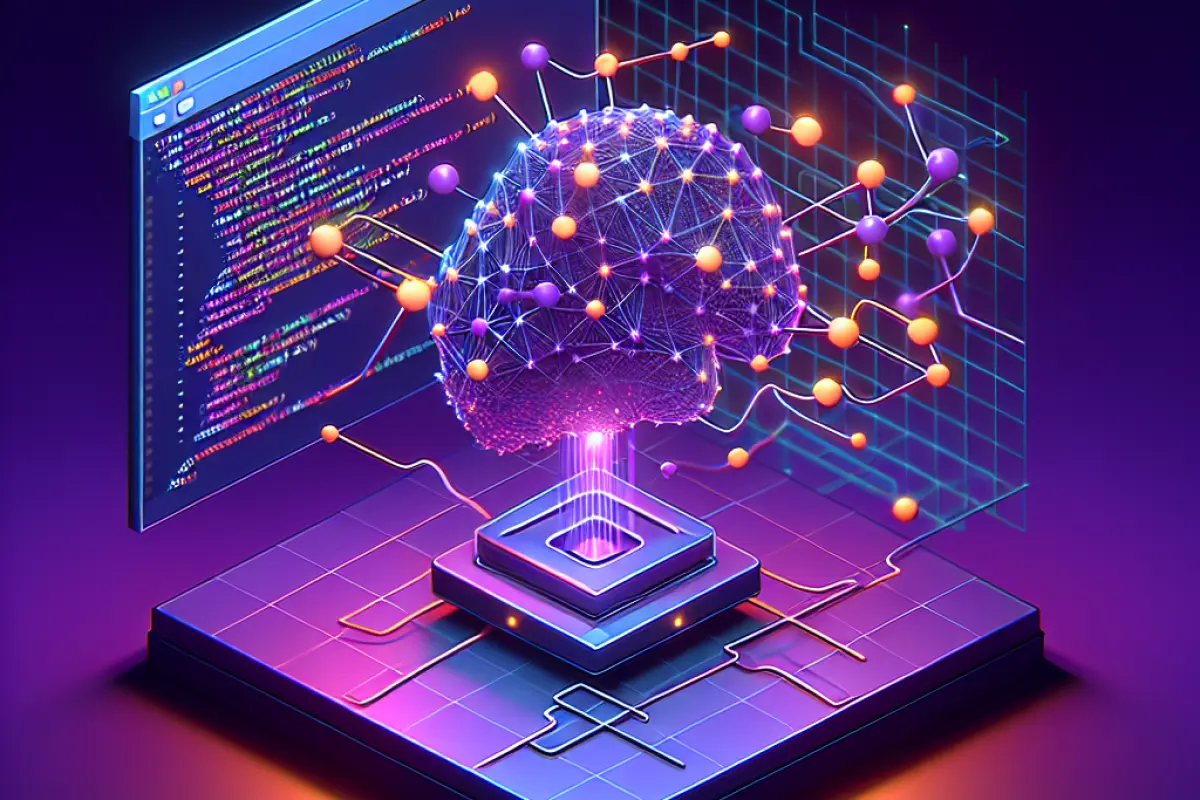
Mastering Game Physics: Complete Guide for Developers
Dive into the world of game physics with this complete guide—expert tips, practical tricks, and hands-on advice to make your games feel truly alive an...
Continue Reading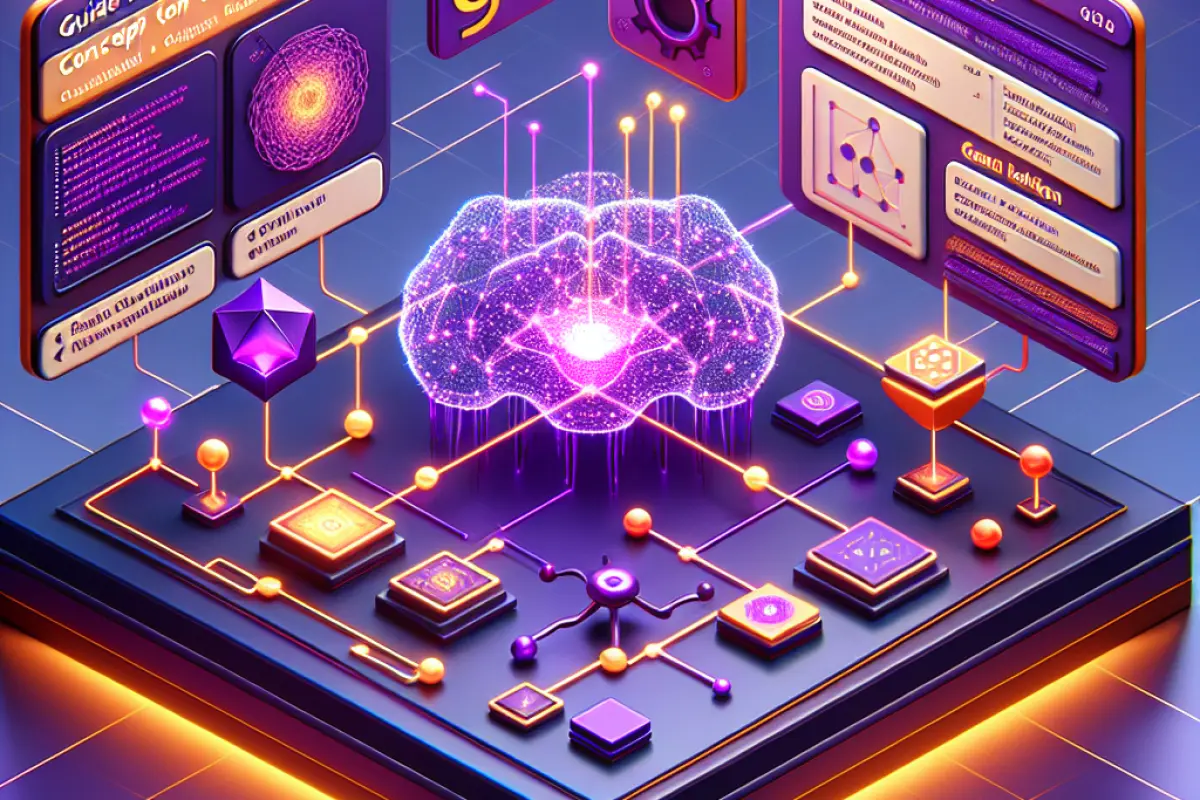
Complete Guide to Game Design: From Concept to Creation
Dive into the world of game design with this complete guide, covering everything from idea sparks to final creation. Perfect for aspiring game makers...
Continue Reading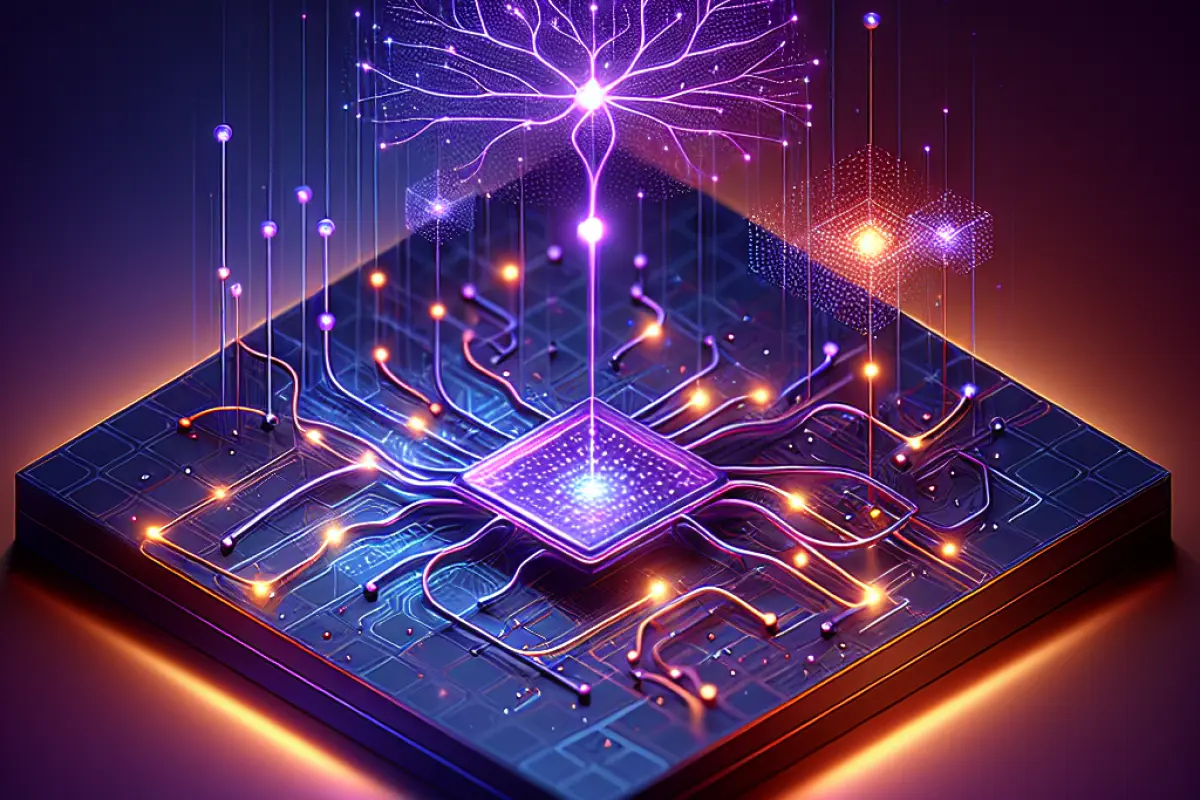
Unlocking the Latest Advances in Sensor Networks 2024
Discover the cutting-edge breakthroughs in sensor networks for 2024, unveiling smarter connectivity and faster data insights that are transforming our...
Continue Reading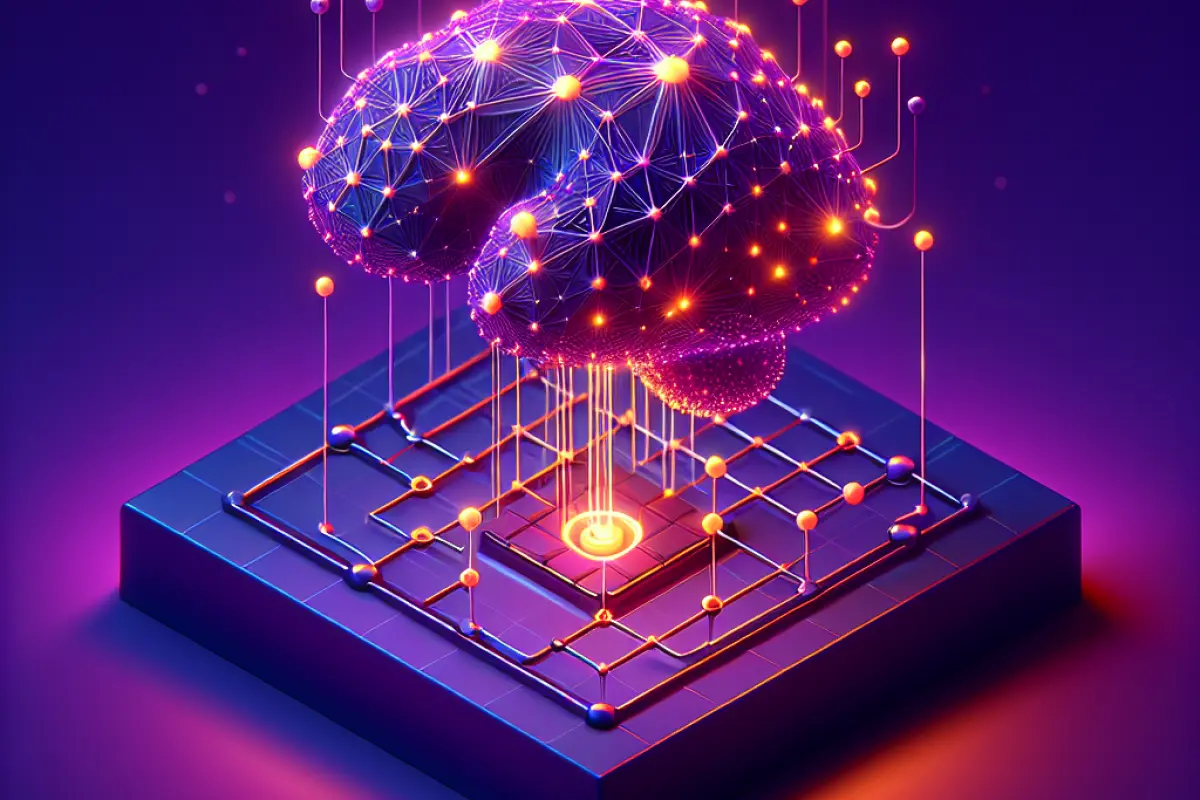
Mastering Game Physics for Building Engaging Apps
Dive into the world of game physics and learn how to craft apps that captivate! Unlock practical tips to make your games realistic, fun, and truly eng...
Continue Reading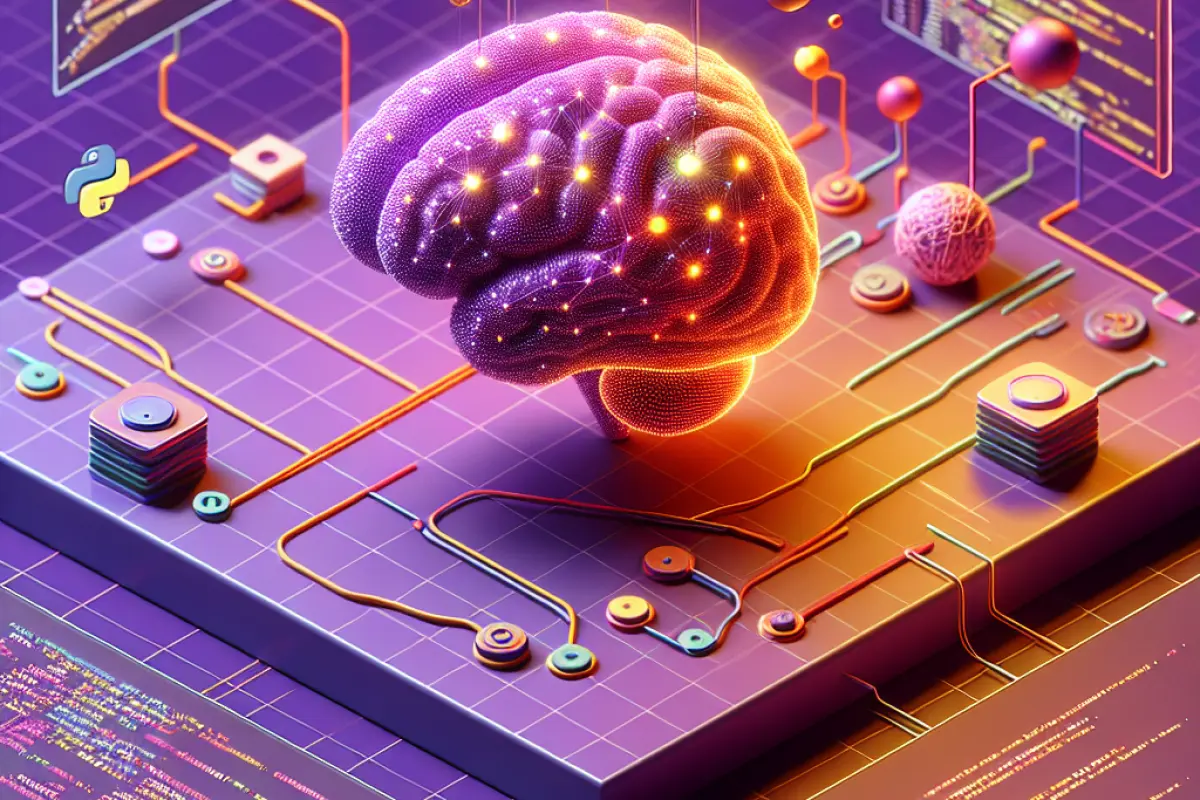
Mastering Python Programming: A Beginner’s Friendly Guide
Dive into Python programming with my beginner-friendly guide packed with easy tips, practical projects, and fun hacks to kickstart your coding journey...
Continue Reading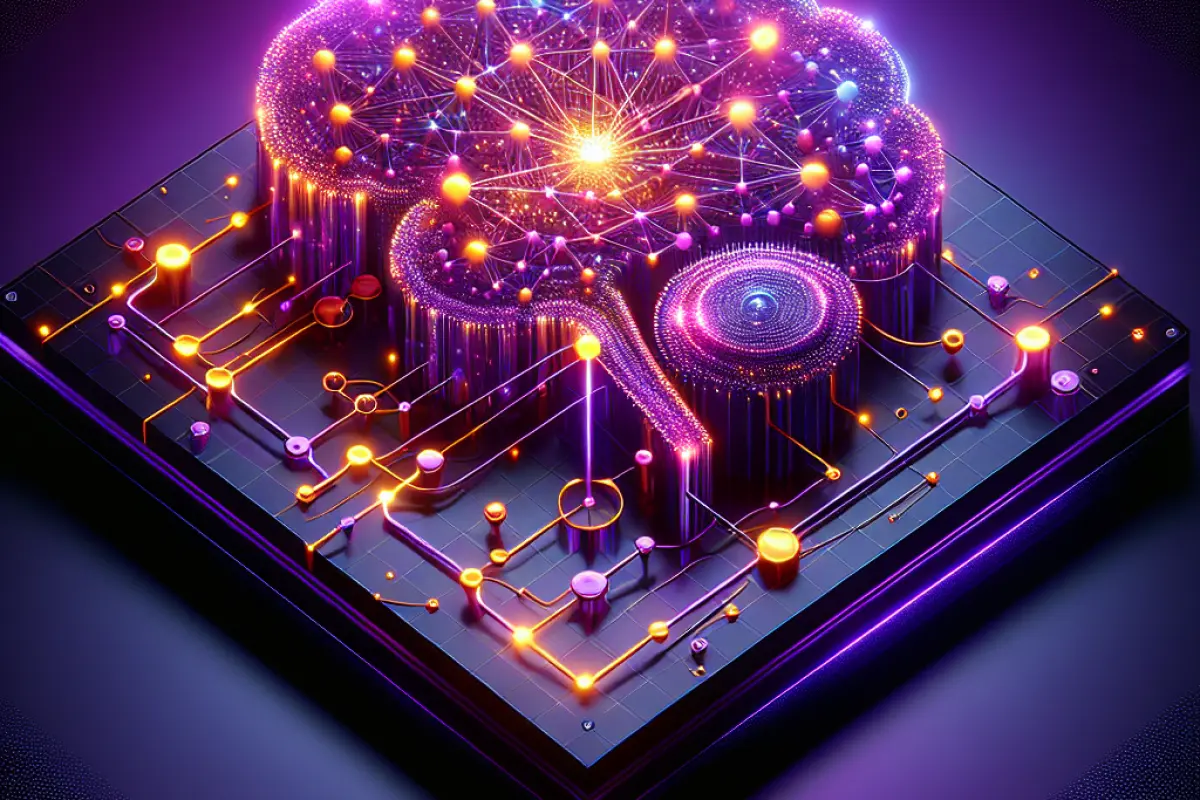
Mastering TCP/IP: A Simple Guide to Network Basics
Unlock the mystery of TCP/IP with this simple guide! Understand how networks connect us and boost your tech skills with easy, real-world explanations.
Continue Reading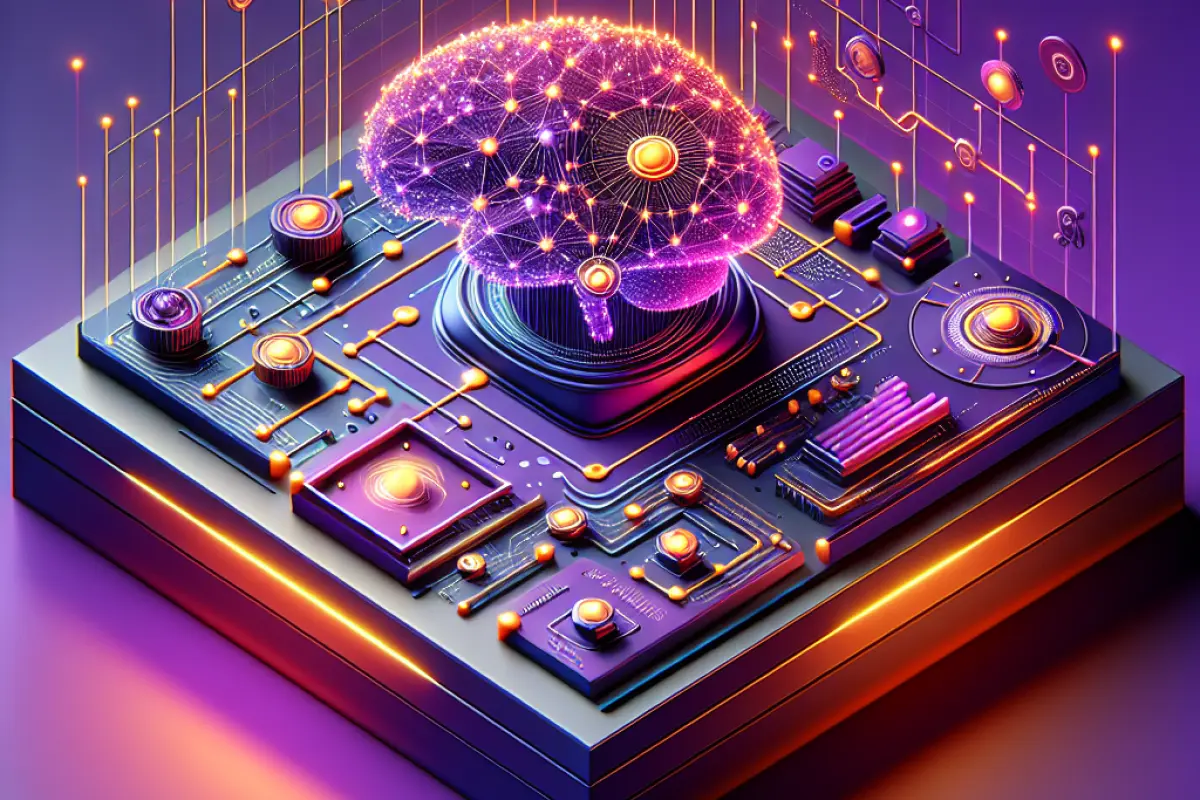
Beginner’s Guide to Getting Started with Unity Game Engine
Dive into game development with my Beginner’s Guide to Unity! Explore easy tips, fun tricks, and expert advice to kickstart your Unity journey right a...
Continue Reading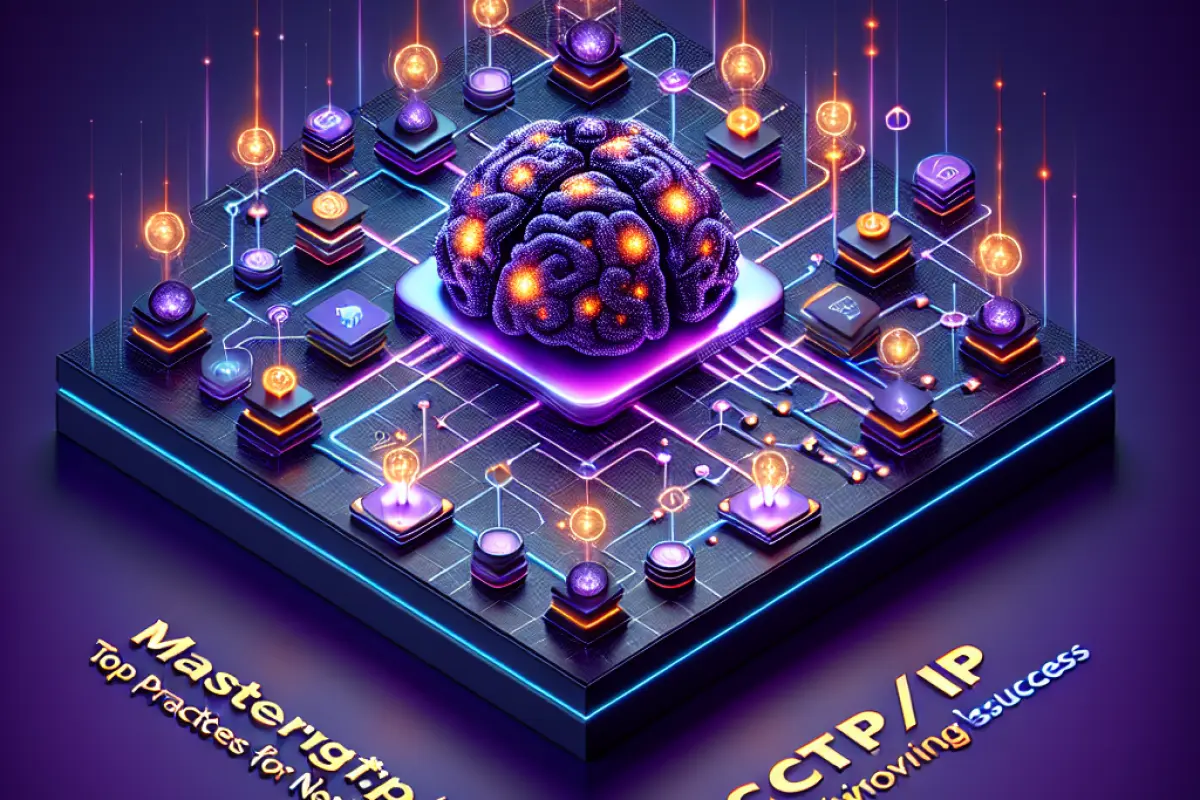
Mastering TCP/IP: Top Best Practices for Network Success
Unlock the secrets of TCP/IP with proven best practices that boost network performance and reliability. Get ready to master the backbone of internet c...
Continue Reading